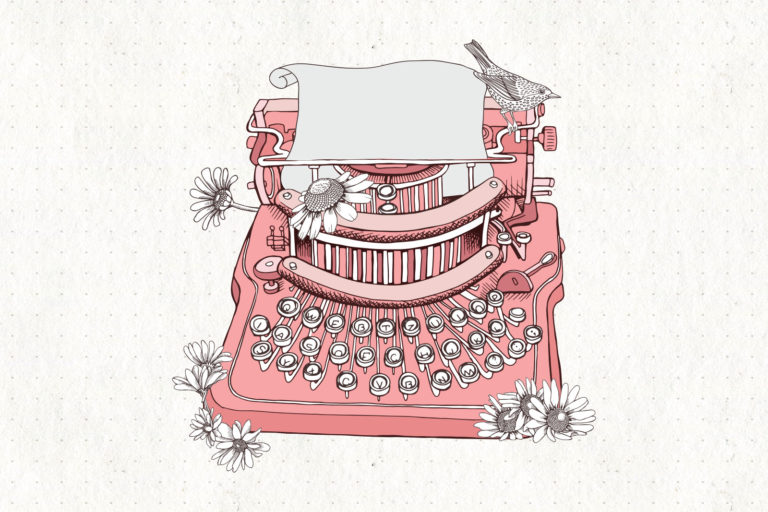
Wondering why your brain makes you angry sometimes? Maggie Dent explains the science behind seeing red.
Do you get angry much? Do you find yourself lashing out at your parents, a friend, an object or yourself, and often unexpectedly? One minute, things are okay and the next, something pushes you over the edge and you just… erupt! The first things to know are:
- It’s okay to feel angry.
- Everybody gets angry sometimes.
- What’s not okay though is if or when, in anger, we hurt ourselves, or someone else, or damage property. That’s called aggression.
You might be relieved to know that if you do struggle a bit with anger, it’s probably mostly because you’re an adolescent and your brain is designed that way.
WHY DOES MY BRAIN MAKE ME ANGRY?
We all feel emotions – feelings and bodily changes that occur when our brain is provoked. Emotions are often triggered from an unconscious level of the brain, so they kind of sneak up on us. During adolescence (from around ages 12-25), the part of your brain called the limbic brain grows a LOT. Inside this part of the brain is a tricky little thing called the amygdala. This is considered to be the emotional ‘epicentre’ or gatekeeper in your brain, especially when it comes to fear and anger. So, basically, while you’re growing from a child into an adult, your brain sets you up to rely more on its emotional side. That’s instead of the logical/sensible part of your brain, which generally helps us to be more ‘cool-headed’.
ANGER DOESN’T SEEM VERY HELPFUL
Often, anger isn’t very helpful. Then again, sometimes it might save your life. Our amygdala – that part of the brain I just mentioned – was designed to help us survive dangerous situations. Maybe you’ve heard people talk about the ‘fight, flight or freeze’ response? When we lived in caves, it was really helpful if a huge predator was chasing you (say a sabre-tooth tiger if they existed at the same time as cavepeople) for your brain to focus on NOTHING except fighting the tiger, running away or staying still. If you’re going to fight for your life, you’re going to need to get mad! So when we’ve got a tiger on our tail, our brain is releasing huge amounts of chemicals into our bodies, such as cortisol and adrenalin, to get our legs moving, our hearts racing and lots of oxygen into our muscles so we can run really fast! Smart, hey?
IF I’M NOT BEING CHASED BY A TIGER, WHY DO I STILL GET ANGRY!
We’re lucky that we don’t have to run away from sabre-tooth tigers anymore. But during the teen years the parts of our brain that keep us safe still act as if we do.
FOR EXAMPLE:
- When your brother breaks your stuff.
- When Mum nags you about cleaning your room.
- When your friend doesn’t invite you out with them and you see the snaps later.
- When you forget stuff.
- When you fail a test.
- When your teacher busts you for talking in class and it was the kid next to you.
Can you see that – especially if more than one of these things happens on the same day – your emotions are going to be triggered a LOT in the normal course of life? When this happens, it’s like having an emotional barometer. A barometer measures atmospheric pressure… an emotional barometer measures how much emotional pressure is building in your brain. Anger creates energy that needs to be released.

SO HOW CAN I DEAL WITH ANGER SAFELY?
- Try to pause and take three deep, long, slow breaths, gradually making the out breath longer than the in breath.
- Walk in the fresh air or go for a run or swim.
- Yell into your pillow or punch your mattress.
- Break out in some dance moves.
- Write down what you’re feeling – as fast as you can! (Not online though… just for yourself.)
- Find one of your safe people and talk the anger out.
WHAT OTHER FEELINGS ARE YOU FEELING?
Often underneath anger you are actually feeling confused, disconnected, useless, powerless, or out of control. Sometimes it’s just sadness or disappointment or embarrassment. If you are unable to chat to your parents, please try talking to a trusted adult (a ‘lighthouse’ as I call them) after you’ve calmed down to help you explore it a bit more. They may also be able to help you see the situation from a different perspective – which is hard to do when you’re raging! Finally, as a teen be prepared that anger will get the better of you and you’ll react in ways you may later regret or which you’re punished for. Even adults sometimes struggle to manage anger well!
ALWAYS:
- Own your mistake and then make it right – how can you make up for your actions (i.e. if you break something, can you fix it or offer to pay for it)?
- Apologise – acknowledge that you know your response was unacceptable, say sorry and mean it.
- Forgive yourself and reflect on what you can do differently next time.




















